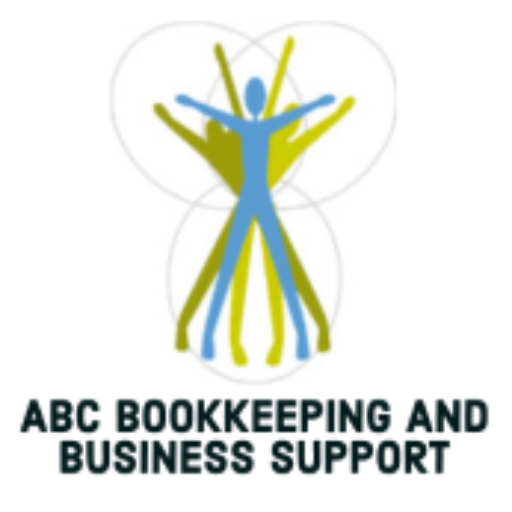Definition: A budget is a financial document used to project future income and expenses. The budgeting process may be carried out by individuals or by companies to estimate whether the person/company can continue to operate with its projected income and expenses.
A budget may be prepared simply using paper and pencil, or on computer using a spreadsheet program like Excel, or with a financial application like Quicken or QuickBooks. However, it is really your attitude towards your budget that will make or break a company or household financial operations.
If your attitude is carefree and willing to be flexible, then your yearly out comes will NOT be as good as you want them to be. If your attitude is more along the lines of your budget as your boss (there is NO changing the budget directives), then your outcomes will be where you want them to be.
One of many advantages to having a bookkeeper or an accountant work with your books, they don’t have an emotional attachment to your wants or lifestyle. All they do is keep you honest with your budget. Your bookkeeper and/or accountant will report to you how spending is looking against the budget “boss’s” directive. It is also nice sometimes to be able to say, “I am sorry, but my accountant/bookkeeper is not going to like this. I cannot do this at this time. I will need to speak with my bookkeeper or accountant”.
Another item that is very important in budgeting is getting good at projecting annual, quarterly, monthly and weekly expenses and making sure that your budget is reflecting these. By making sure you are clear about the projections will reduce the ebb-n-flows of the income cycles. This is always a work in progress. Here are some items to figure into your budget planning:
Factoring into monthly budget; annual and quarterly expenses.
Build a 3-6 month reserve for operating and payroll expenses. It is also very important to remember that part of your operating expense is replacement funds for aging equipment.
Establish an account that holds the funds needed for vacation, PTO, benefit expenses that are provided to your employees. IF you are self-employed remember you ARE an employee of your company.
Factoring into the monthly budget; annual and quarterly taxes for federal and state.
Make sure that you budget for good IT support. If the business “wheels” are not turning, you’re not in business!
These are a NO TOUCH accounts!! Once you set these accounts up, your money will also be working for you by collecting some interest. If you dip into these accounts you begin “bleeding” your company and it will not be long before you are out of business.
This will help you also. Keeping in mind the 6 “P” principle when making decisions:
P- Prior
P- Planning
P- Prevents
P- Piss
P- Poor
P- Performance
If you are not growing you are dying. Growth comes with Planning, Projecting, Budgeting and doing what the “Boss” says. No exceptions.


Recent Comments